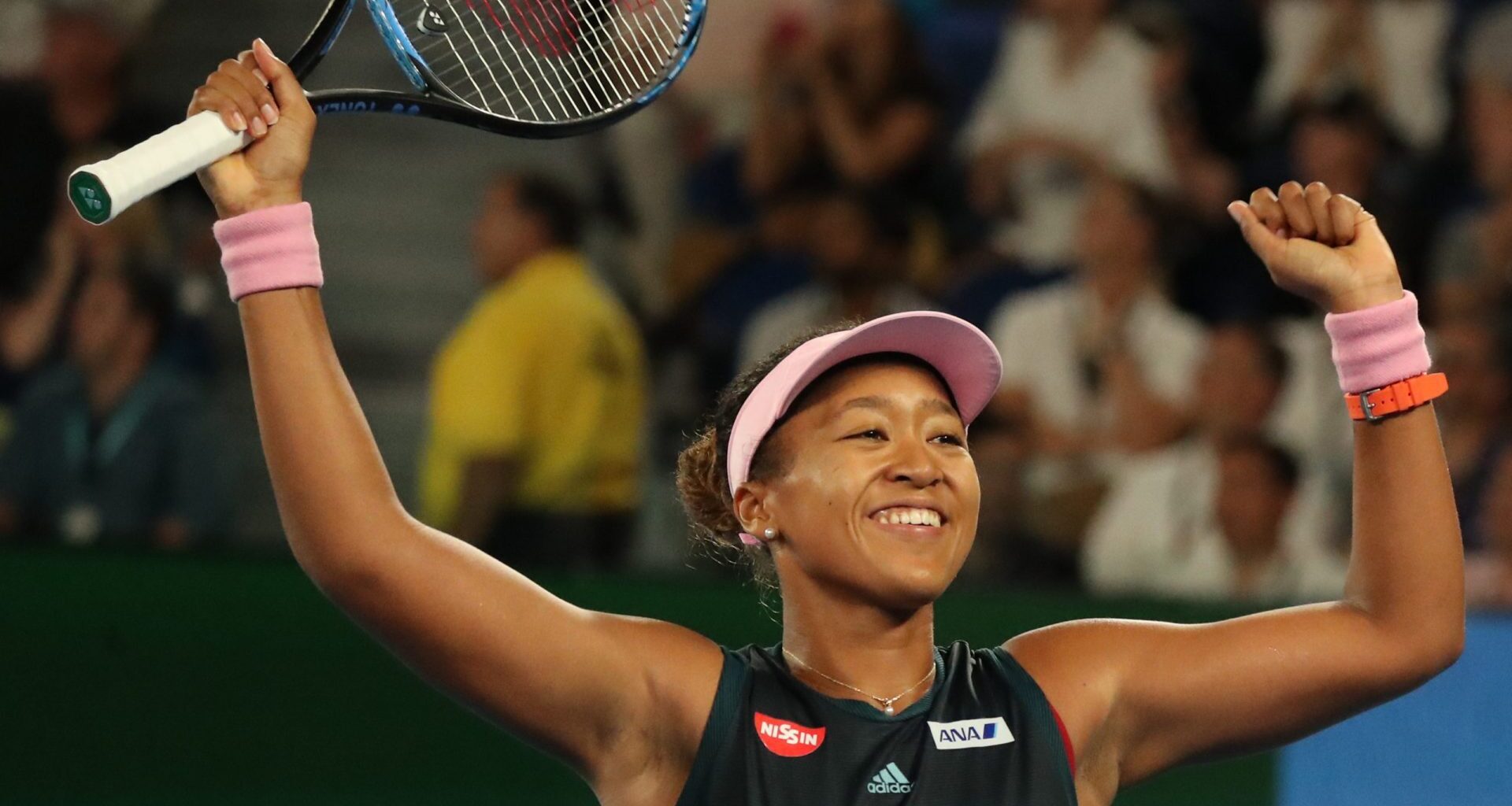Former world No. 1 reaches first WTA 1000 final since 2022, signaling powerful comeback ahead of U.S. Open
The tennis world witnessed a defining moment Wednesday night in Montreal as Naomi Osaka demonstrated that elite athleticism and maternal instincts can coexist at the highest levels of professional sport. The four-time Grand Slam champion’s commanding 6-2, 7-6 semifinal victory over Clara Tauson at the National Bank Open represents more than just another win — it signals a seismic shift in the landscape of women’s tennis.
Osaka’s path to Thursday’s final against 18-year-old Canadian phenom Victoria Mboko tells a story of resilience that transcends sport. After stepping away from competitive tennis in 2023 to welcome hr first child, the former world No. 1 has methodically rebuilt her game while navigating the complexities of motherhood and professional athletics.
Montreal Breakthrough Marks Critical Turning Point
The semifinal against world No. 19 Tauson showcased both Osaka’s vulnerability and her championship mettle. Trailing 3-0 in the second set after cruising through the opener, Osaka faced the kind of adversity that has defined her career’s most memorable moments. Her comeback to force a tiebreaker, which she won 7-5, demonstrated the mental fortitude that previously carried her to titles at the U.S. Open and Australian Open.
Currently ranked No. 49, Osaka’s Montreal run is expected to propel her significantly higher in the WTA standings just weeks before the U.S. Open begins Aug. 26. The timing could not be more crucial, as she seeks to rebuild the ranking that once positioned her atop the sport.
Osaka’s Evolving Legacy in Professional Tennis
The last time Osaka contested a WTA 1000 final came at the 2022 Miami Open, where she fell to current Wimbledon champion Iga Swiatek. That defeat marked the beginning of a challenging period that saw her step away from the sport entirely. Her most recent WTA 1000 triumph dates to the 2019 China Open, making Thursday’s final an opportunity to end a five-year drought at tennis’s premier tier.
The broader implications extend beyond individual achievement. Osaka’s return coincides with a generation of emerging talents reshaping women’s tennis. Her opponent, Mboko, represents the sport’s future — a teenager whose fearless play has captivated Montreal crowds and tennis analysts alike.
Generational Clash Highlights Tennis’s Evolution
Thursday’s final presents a compelling narrative beyond the baseline exchanges. Osaka, at 26, brings the wisdom of someone who has navigated the sport’s highest peaks and deepest valleys. Her four major championships and former No. 1 ranking contrast sharply with Mboko’s youthful exuberance and hunger for breakthrough success.
The Canadian teenager’s tournament run has energized home crowds while showcasing the depth of talent emerging in women’s tennis. Her aggressive baseline game and composure under pressure suggest a player capable of making an immediate impact on the sport’s biggest stages.
Strategic Implications for U.S. Open Preparation
The National Bank Open serves as the final major tuneup before the year’s final Grand Slam, making Osaka‘s performance particularly significant. A victory would provide invaluable confidence heading into Flushing Meadows, where she claimed her first major title in 2018 and repeated the triumph in 2020.
Beyond the psychological boost, success in Montreal would validate Osaka’s decision to return to tennis after motherhood. The sport has witnessed few examples of players successfully balancing elite competition with parenting responsibilities, making her journey particularly noteworthy.
Championship Stakes and Future Implications
As Osaka prepares for Thursday’s showdown, the tennis establishment watches closely. Her semifinal performance suggested a player rediscovering the form that once made her the sport’s most marketable athlete and a cultural icon beyond tennis courts.
The Montreal final represents more than a single tournament victory. For Osaka, it signifies the possibility of reclaiming her position among tennis’s elite while demonstrating that motherhood need not end championship aspirations. For women’s tennis, it showcases the sport’s ability to evolve and embrace athletes at different life stages.
The stage is set for a final that could define both players’ trajectories. Osaka seeks to prove her championship days are far from over, while Mboko aims to announce her arrival among tennis’s brightest stars.

